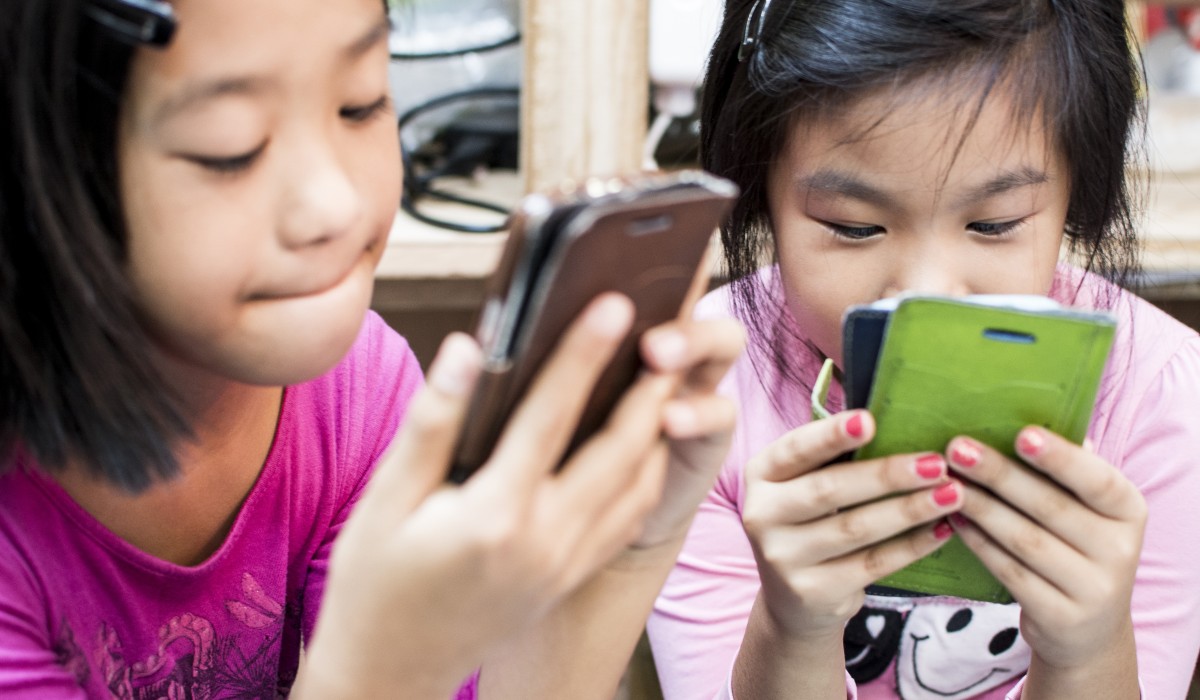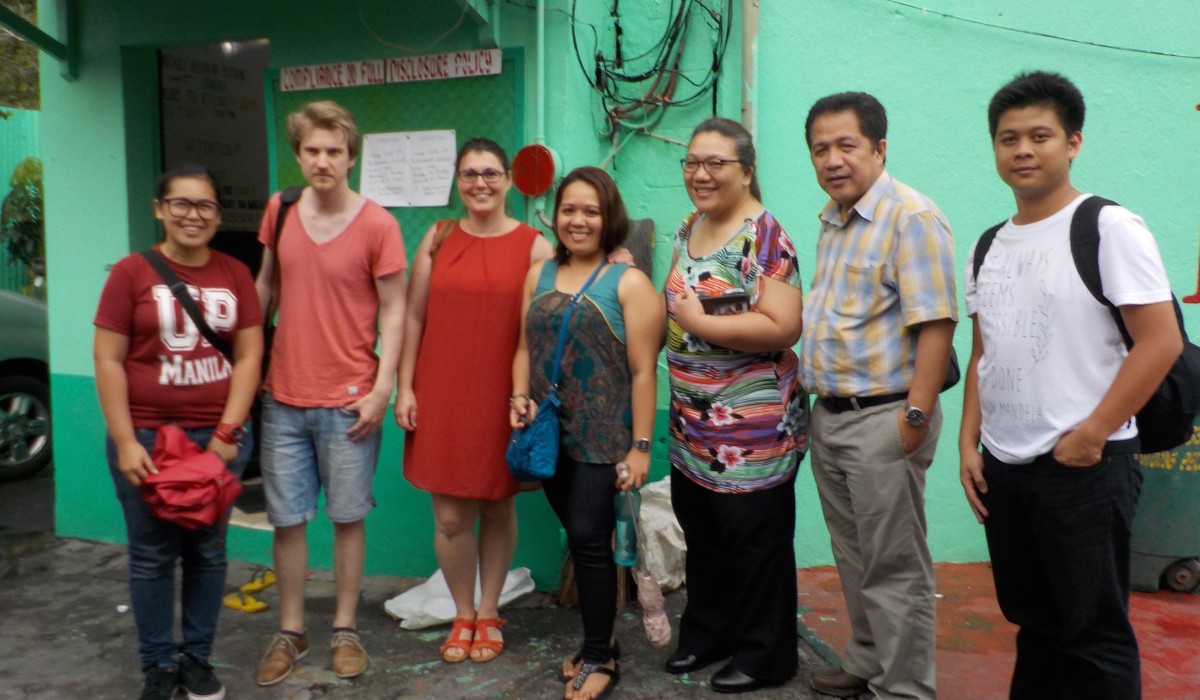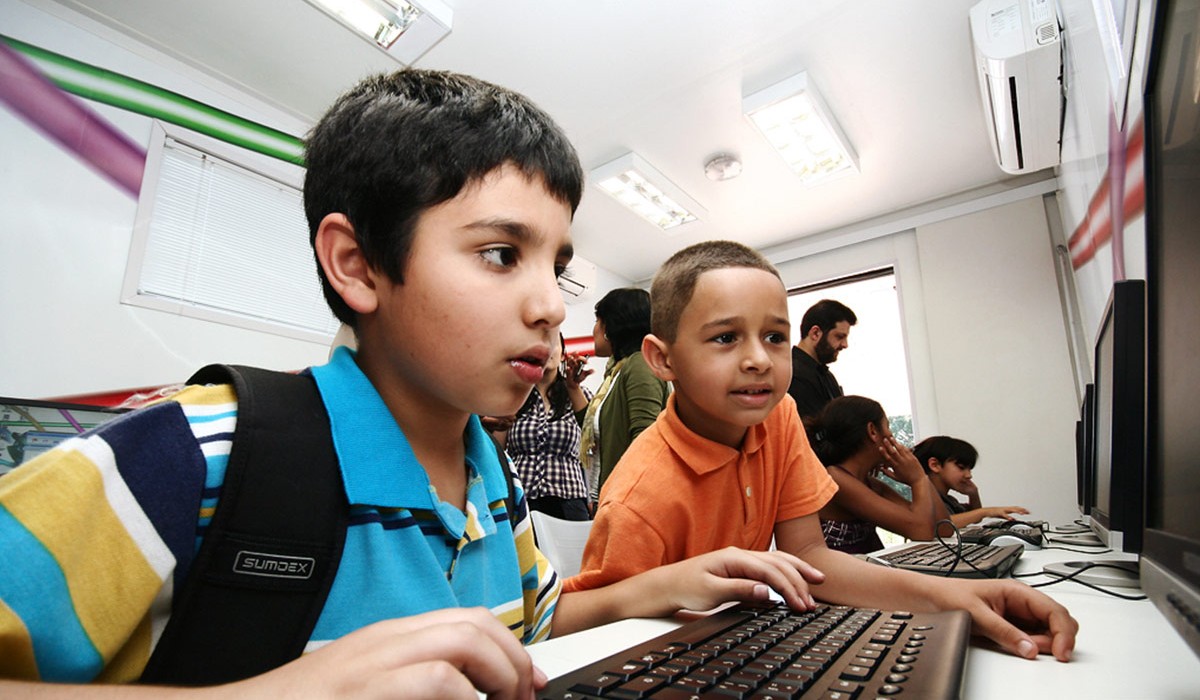Global Kids Online was developed as a collaborative initiative between the UNICEF Office of Research-Innocenti, the London School of Economics and Political Science (LSE), and the EU Kids Online network. Supported by the WeProtect Global Alliance (2015 – 2016), the project aims to connect evidence with the ongoing international dialogue regarding policy and practical solutions for children’s well-being and rights in the digital age, especially in the global South.
With principal investigators Professor Sonia Livingstone (LSE) and Jasmina Byrne (UNICEF Office of Research), the project developed a global research toolkit that was piloted by national research partners from Argentina, the Philippines, Serbia and South Africa, supported by UNICEF country offices. These partners were instrumental in building and testing research resources and in demonstrating how research results can be used for policy and practice.
Research findings
As the Global Kids Online network continues to grow, research results are currently available from Albania, Argentina, Brazil, Bulgaria, Chile, Ghana, Montenegro, New Zealand, the Philippines, Serbia, South Africa, and Uruguay, and fieldwork is underway in Canada, Costa Rica and India. Further countries are applying to join Global Kids Online, and their results will be published as they emerge.
Find out more about the Global Kids Online research model in Method guide 1: research framework and about the findings in the two comparative reports (2019 and 2016). You can also watch this video of Prof Sonia Livingstone presenting an overview of the findings.
Permission to use the Global Kids Online research toolkit
Anyone may use the resources under the Attributive Non-Commercial Creative Commons License (CC BY-NC) crediting Global Kids Online as the source. Keep in touch with your results by emailing GlobalKidsOnline@lse.ac.uk and florence@unicef.org.
Qualitative tools
This contains the research instruments to enable you to design and carry out qualitative research on children’s online risks and opportunities. We have included materials needed for conducting and analysing individual interviews and focus groups with children.
Quantitative tools
This contains the research instruments to enable you to design and carry out quantitative survey research on children’s online risks and opportunities. We have included the materials needed for conducting and analysing a modular survey, including core, optional and adaptable questions.
Method guides
The method guides examine key issues related to researching children’s online risks and opportunities. Written by experts in the field, they give practical advice to researchers and include case studies, best practice examples, checklists, and useful links. Taken together, these guides will support you throughout the research process.










